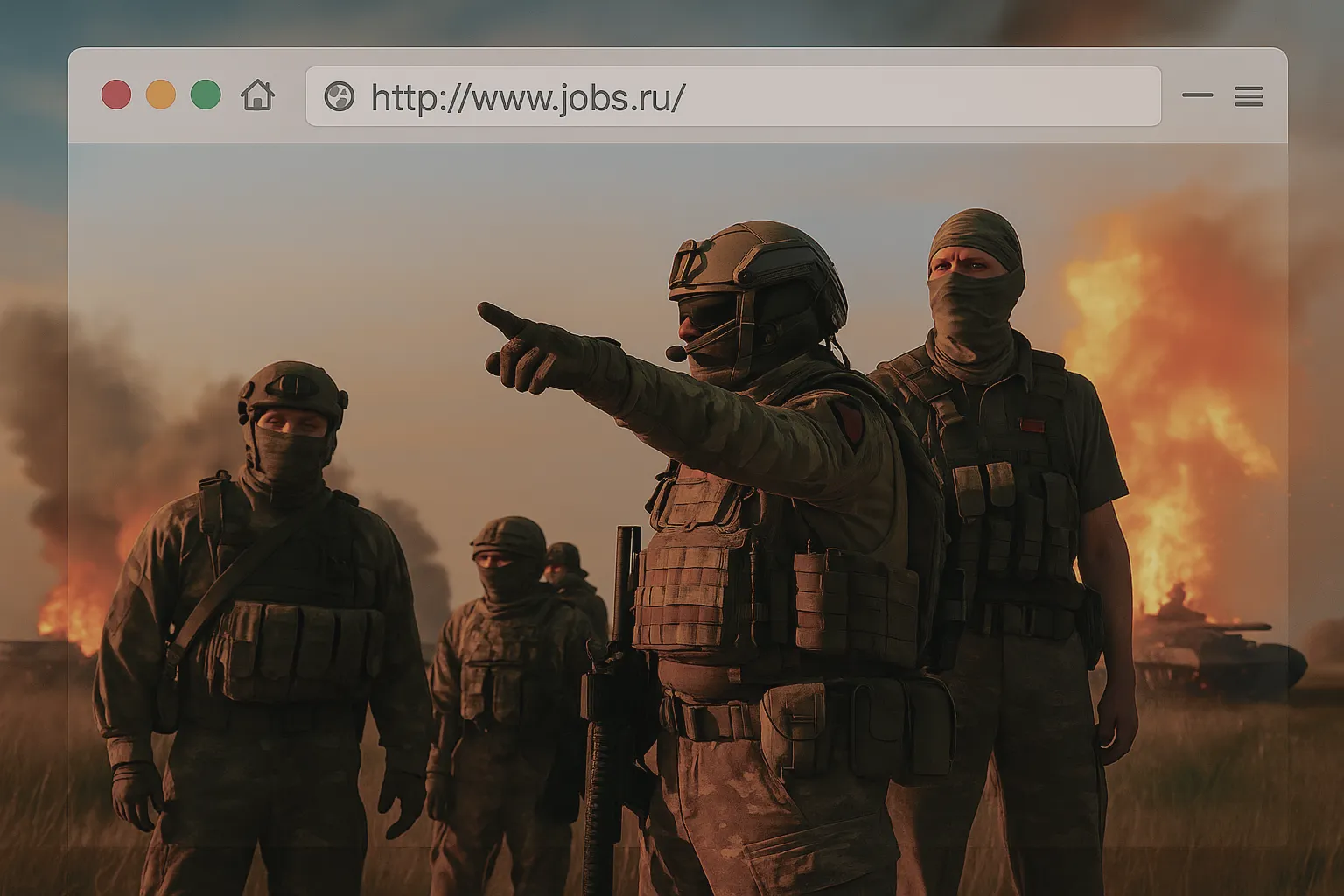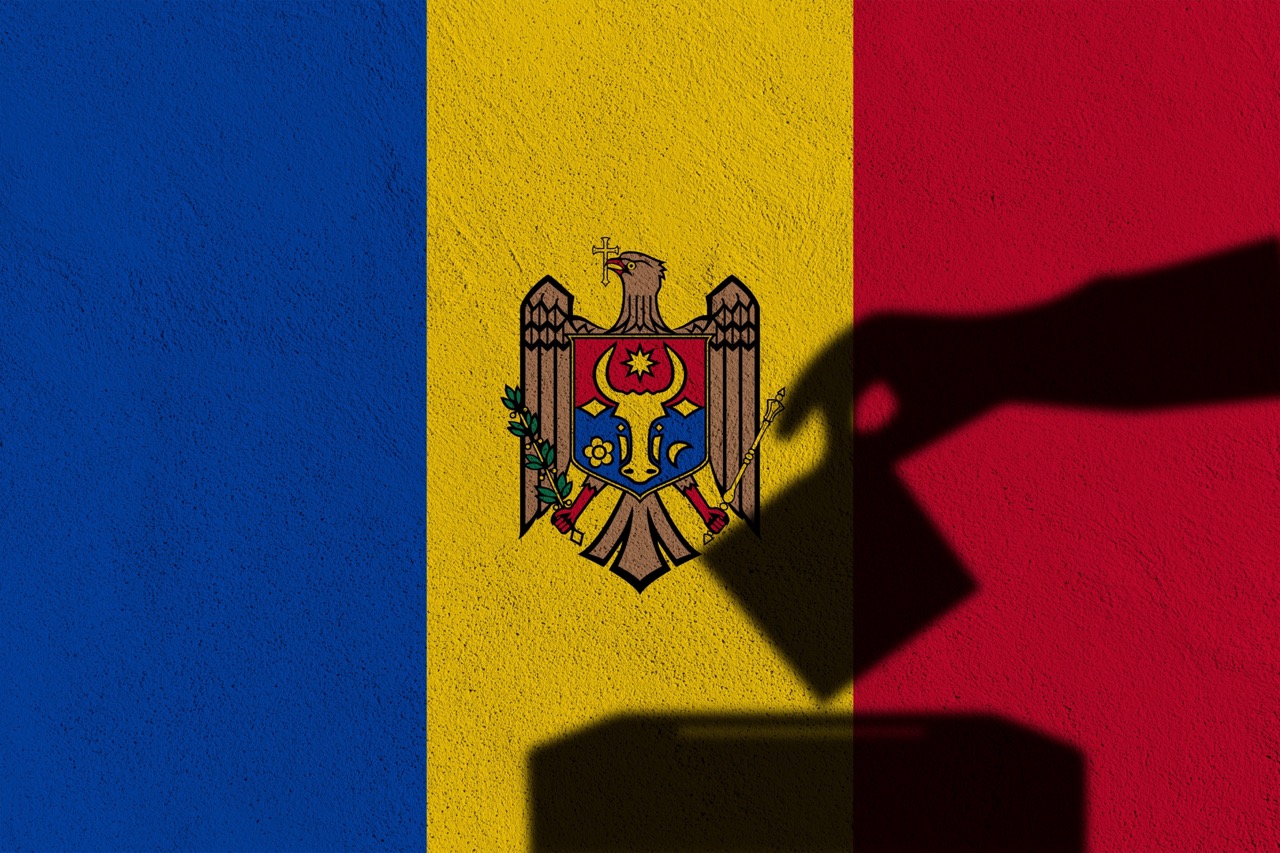
‘Negative Happiness’: The Effectiveness Of Anti-War Narratives On Russian Society Conviction
Executive Summary
{{margin-small}}
Our study reveals several narratives that are most likely to cause negative emotions among Russians in connection with the war in Ukraine, particularly anger and sadness.
Weapons supply irregularities in the Russian army and PR campaigns of politicians amid the hostilities are some relevant examples. Importantly, negative emotions are common, and people are likely to agree with the pertinent narratives (mostly linked to dysfunctions of the contemporary political regime) in both the pro-war and pro-peace camps of Russian society.
Going forward, and amid the identified tendency to admit the negative phenomena in Russia, the tested narratives may be efficiently combined with another type of message to increase the trustworthiness of the latter and shape public opinion.
{{margin-big}}
Methodology
{{margin-small}}
Sample
{{margin-small}}
The battery of tests was placed on the online platform. A respondent was asked to answer a series of psychological tests and "publicly significant questions”.
The sample was stratified by sex and age (equal age and sex groups 18-30, 31-44, 45-60 years). The data was cleaned, the analysis excluded people who did not answer all the questions. The final sample consisted of 893 respondents: 433 male and 460 female respondents. The mean age of the respondents is 36.91, the standard deviation is 11.37.
The text of the first narrative was fully read by 149 people, the second by 151, the third by 141, the fourth by 144, the fifth by 155, and the sixth control by 153.
Experimental design
An intergroup design was chosen for the study.
The respondents answered a series of socio-demographic questions, and then read one of the texts that was offered to them randomly:
- Putin leads us and Russia into the abyss without a future (There is no future with Putin).
- Russian intelligence officers buy expensive alcohol using state funds (Corruption - alcohol).
- We will not be able to win if such a gap between officials (e.g., Dmitry Rogozin, former director general of Roscosmos) and ordinary people continues (Officials are not heroes).
- The mobilization showed that the army supply system is in a terrible state (All reserves plundered).
- Russian weapons and equipment are worse than what Ukraine now has (Worse weapons).
- The control group read a neutral non-political text about the psychological traits associated with alcohol addiction.
The answers of the control group were perceived as basic, the indicators of other experimental groups were compared with them.
Then the respondents answered questions about their support for the “special military operation”, their readiness to support the hypothetical decision of the Russian leadership to stop the “special military operation”, their support for the hypothetical decision of the Russian authorities to stop the “special military operation” if the issue were put on a referendum.
Also, the surveys included questions about their attitude towards the direction of the country (is it right or wrong?), interplay between the difficulties of Russians, on the one side, and the “SMO”, trust in the words of Vladimir Putin, officials and federal TV channels, readiness for the sake of peace to stop the war and return certain territories to Ukraine up to Donbas and Crimea, on the other side (a series of questions with different options). A 5-item Likert scale, from 1 to 5, was used.
{{margin-big}}
Key Findings
{{margin-small}}
Respondents experience negative emotions (anger, sadness, fear, disgust, but, in all cases, with no significant sense of guilt) after reading the tested narratives, particularly regarding the poor state of the Russian army supply system.
However, as our study shows, the respondents perceive corruption or gross negligence in contemporary Russia as normal (meaning that such a message itself is unlikely to significantly shape Russian public opinion). At that, if combined with another narrative, the relevant message implying corruption or other dysfunctions of the political regime in Russia may increase the trustworthiness of the former.

Negative emotions related to the experimental narratives were common for all respondents, regardless of political convictions. At the same time, those respondents who agree with the narratives (most likely, such group is also from the pro-peace camp) experience negative emotions more intensively than the representatives of the pro-war group covered by our study.
Other differences include the more powerful feeling of guilt and shame among the pro-peace camp respondents as opposed to some degree of surprise expressed by the individuals with pro-war beliefs hearing the negative narratives.
Cohen d is the standardized difference between two groups’ variable means.


.svg)








.png)
















.png)


.png)




.png)








-01-2.jpeg)
-01.png)
-01.png)



-01%25202-p-500.png)







